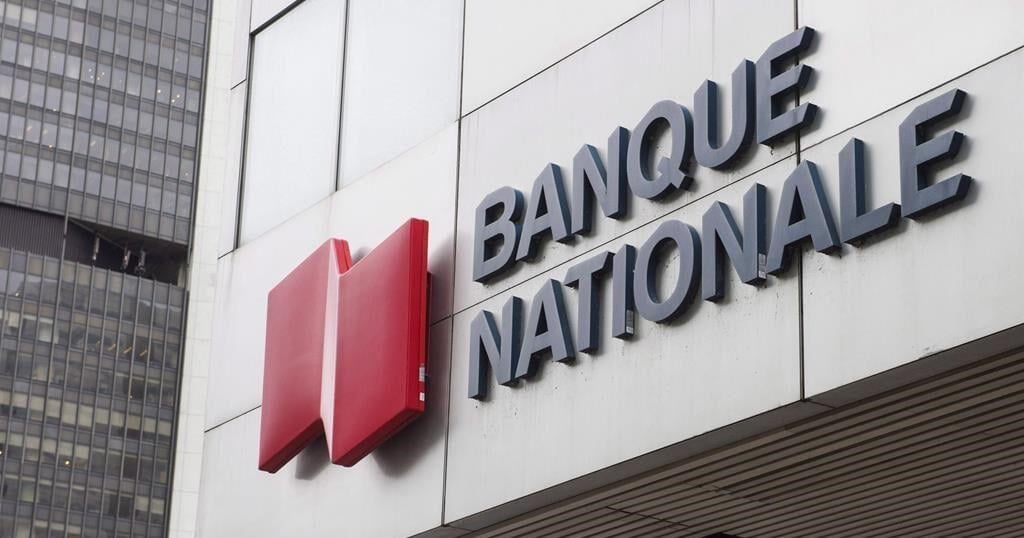More than ever, job seekers, with a sense of entitlement, are hyper-focusing on getting paid what they’re worth. Job seekers seldom consider, let alone quantify, the value of their work, which determines their worth. Hence, a candidate’s or position’s worth is calculable and, therefore, isn’t as subjective as is often assumed.
INTERVIEWER: “What salary are you looking for?”
JOB SEEKER: “$75,000 per year.”
INTERVIEWER: “What warrants you getting $75,000?”
(The interviewer wants the candidate to quantify their value to justify a salary of $75,000.)
Job seekers tend to calculate their worth based on their experience, skills, education, work history, and living expenses. The job seeker’s sense of entitlement—”I deserve a high income because life is expensive.”—blurs the distinction between how they perceive their worth and the value of their work.
Employers care little about your experience, skills, education, or financial needs. Their primary interest is in the results you can produce, which determines your value and, subsequently, how much you’re worth paying. Few job seekers quantify the impact they can have, if hired, on an employer’s business. Most job seekers don’t include quantifiable numbers (read: results achieved) on their resumes or LinkedIn profiles, which would encourage employers to want to meet them. Conversely, job seekers are comfortable conjuring up compensation figures based on what they feel entitled to.
Several years ago, I worked for a financial services company. One Friday afternoon, I met a colleague in the cafeteria. All week, he’d been interviewing candidates for a workforce manager position. I asked how the interviews had gone. As he opened his can of Dr Pepper, he sighed. “My last interview, as well as several throughout the week… let’s just say we didn’t create their lifestyle, yet they feel we should be responsible for it. I was constantly bombarded with questions asking about our benefits and compensation package. Of the eight candidates I interviewed, only two focused on what they could offer rather than what we could offer them.”
Employers didn’t create your lifestyle, so why do you expect them to support it?
A company’s success depends on profitability and efficiency, which means keeping expenses in check. For most companies, payroll is the biggest expense; therefore, every employee needs to pull their weight by delivering an ROI that justifies their salary, as well as answering the question: How does [employee] help the company reduce costs or increase revenue?
Companies don’t hire the most qualified candidates. They hire the candidates they believe will deliver the most value; hence, as a job seeker, instead of focusing on your qualifications, focus on the value you’re able to offer an employer.
Once, an interviewer asked me, “What salary are you looking for, and what will the company get in return?” I was impressed that my interviewer asked me what they were thinking without sugarcoating it. I now include this question in my interview questions. Several times, I’ve agreed to pay a candidate’s salary request based on their answer.
Your competition, many of whom are younger, hungrier, and equally qualified as you, also plays a significant role in determining your worth. Additionally, easy access to overseas labour, robotics, self-serve technology, artificial intelligence, freelancers, and third-party vendors are influencers on the fundamental determinant of wages: supply and demand.
The law of demand in labour markets works like this: An increase in wages or salaries reduces the demand for labour. Conversely, a lower salary or wage increases the demand for labour. Ironically, higher wages increase supply because more people want to work for a higher wage, resulting in a more competitive job market. This is why highly sought-after jobs—jobs with a reputable and stable company that pays well and provides good benefits—are more challenging to land than a job with, for example, a small family business.
Despite all the “legalities” quasi-imposed on employers, employers hire candidates at their discretion. Employers owe you and me nothing. A job seeker’s goal is to get hired based on their own merits and, therefore, solely responsible for proving to an employer how they’ll add value (measurable results) to their company.
A job seeker who presents a cost-benefit analysis business case—hiring is a business transaction—explaining the value the employer would gain by hiring them will set them apart from their competition. Being given a job isn’t an absolute right; it’s an earned privilege. (Before getting into the debate over “privileges,” remember you, like everyone else, have earned and unearned privileges.)
I’d never argue that any one person is worth more than another. My contention is that the value of an employee’s work, and therefore its worth, varies, sometimes significantly, between employees. There’s no denying that employees who go the extra mile, produce above the minimum expectations, positively influence their colleagues and are team players add more value to their employer than those who do the minimum. (aka, quiet quitting)
Only after you’ve established what measurable value you can bring to an employer can you begin discussing your compensation. Job hunting isn’t the place for any sense of entitlement; you must demonstrate your value to an employer—prove your worth.
_____________________________________________________________________
Nick Kossovan, a well-seasoned veteran of the corporate landscape, offers “unsweetened” job search advice. You can send Nick your questions to artoffindingwork@gmail.com.
Related
































